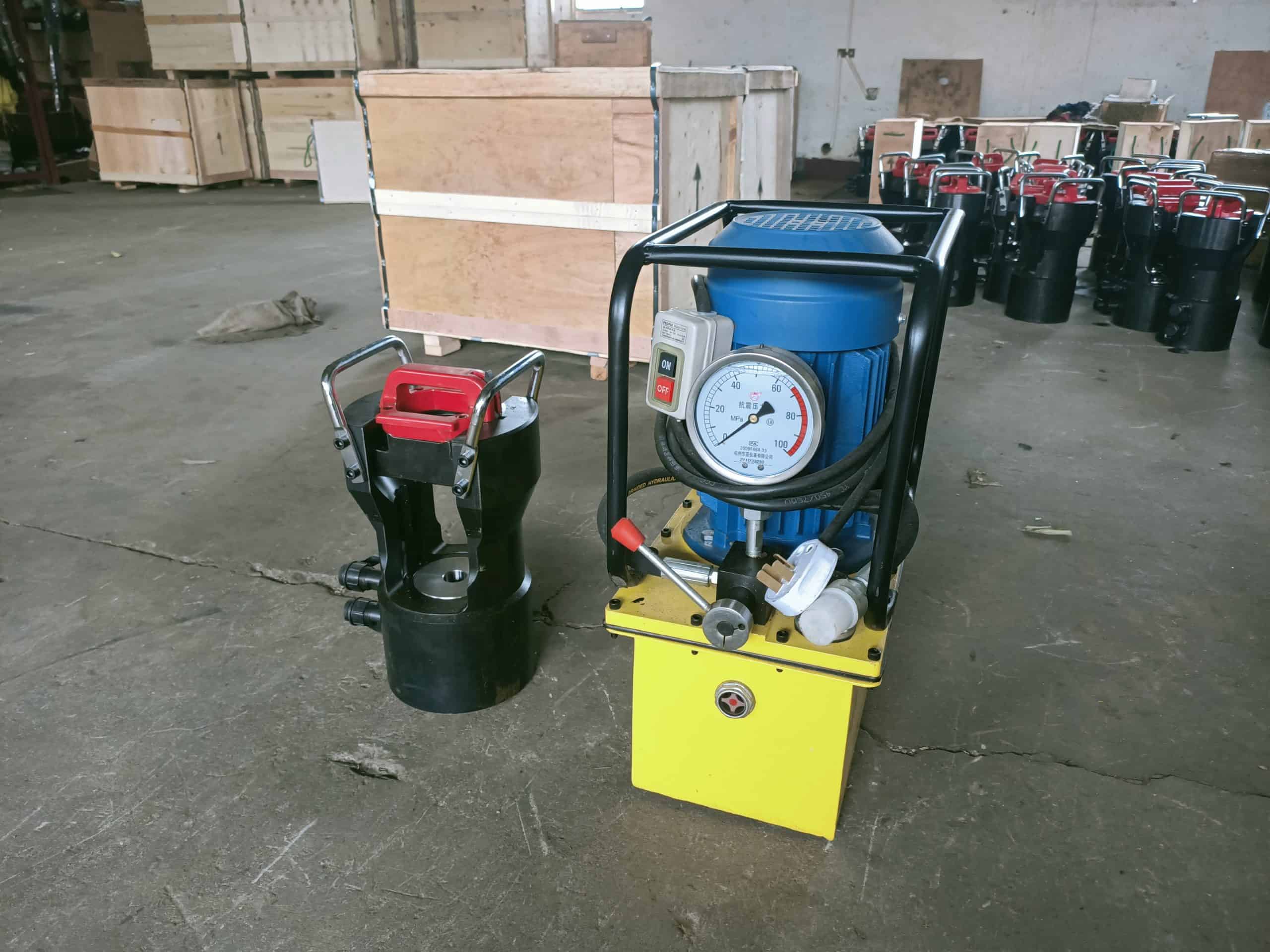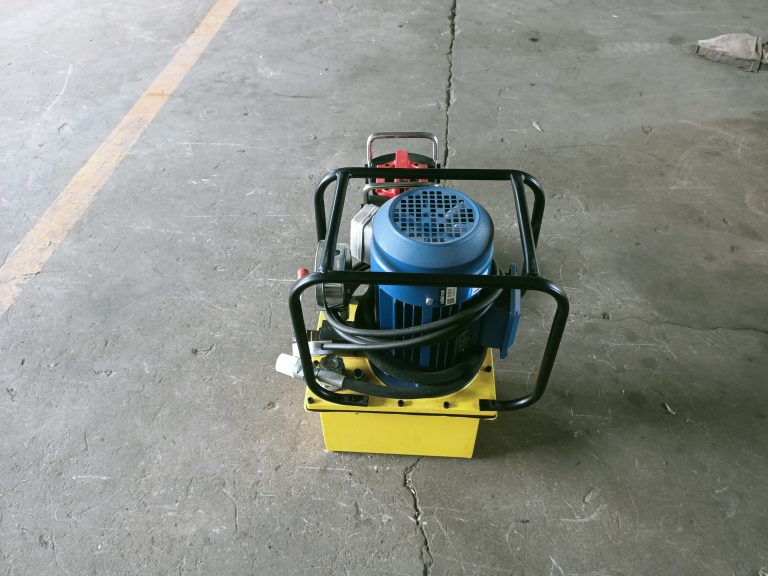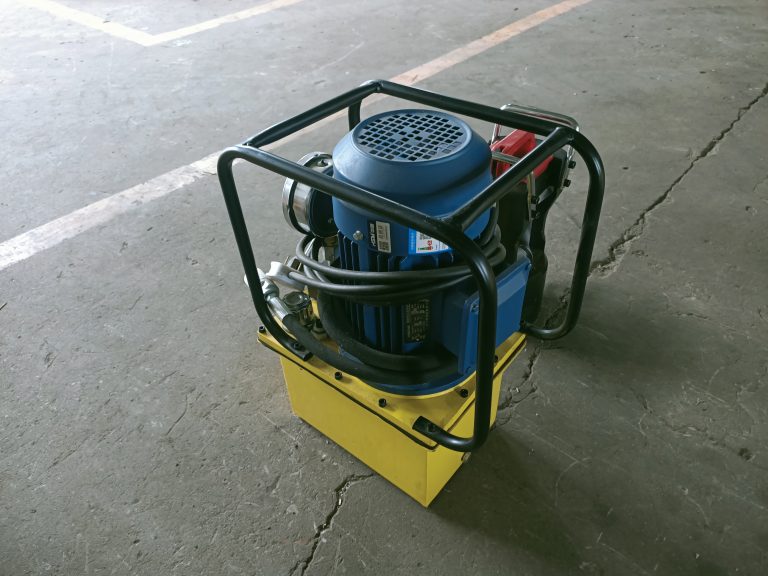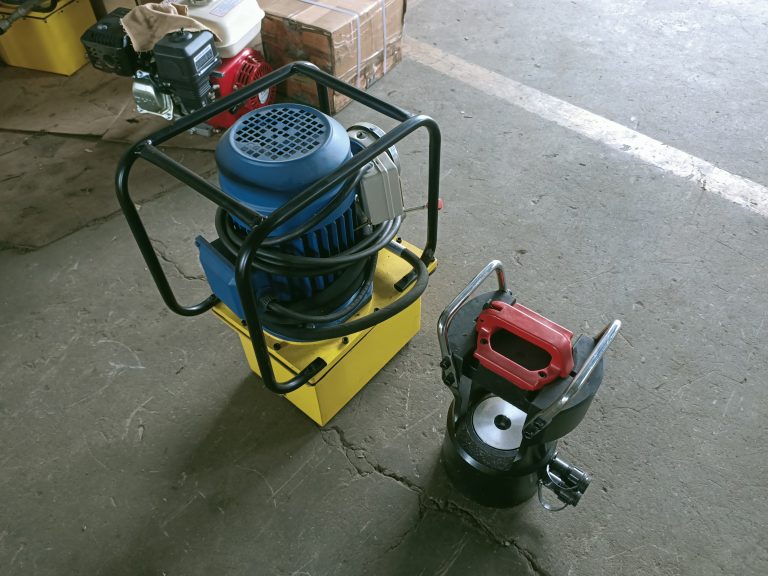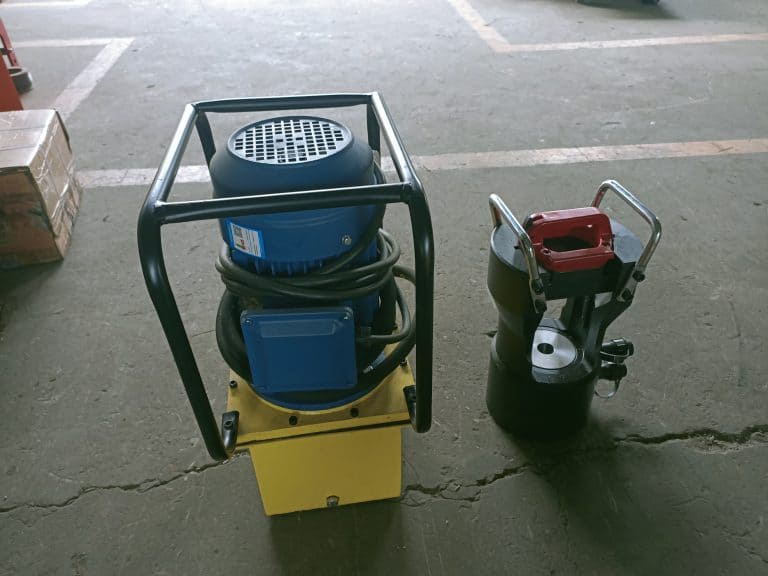Electric Motors vs Hydraulic Pumps: Which is Better for Your Application?
Electric motors and hydraulic pumps are both important machines used for various purposes in different…
Electric motors and hydraulic pumps are both important machines used for various purposes in different industries. An electric motor is an electrical device that converts electrical energy into mechanical energy, while a hydraulic pump is a mechanical device that converts mechanical energy into hydraulic energy.
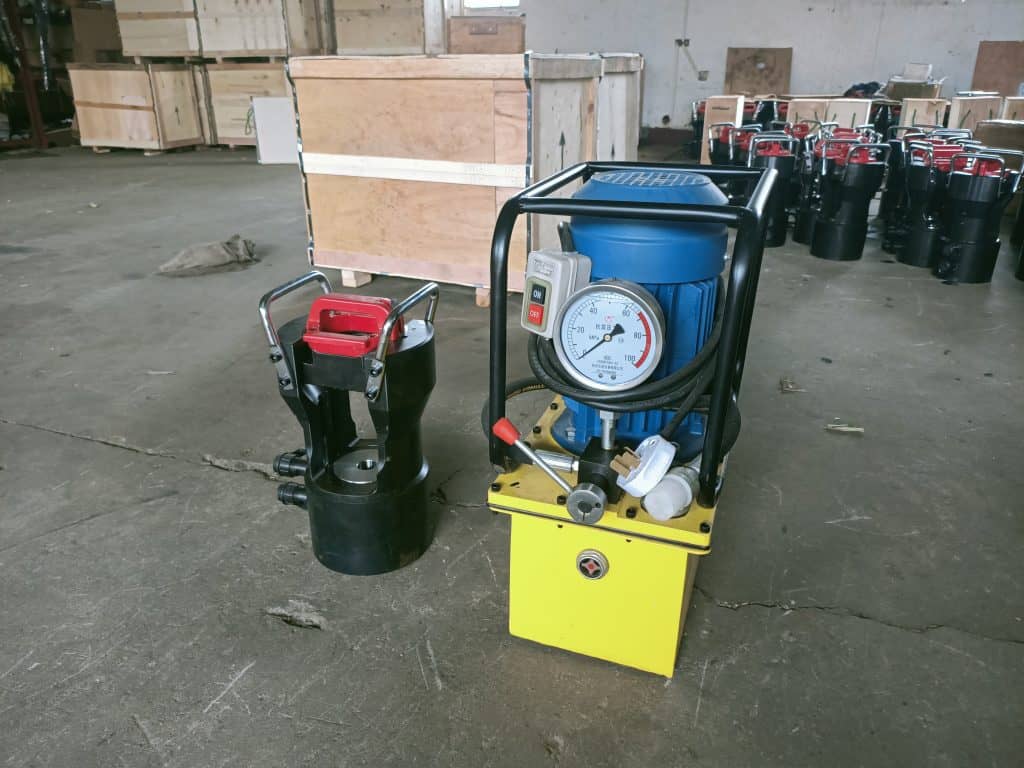
Electric motors have several advantages, such as high efficiency, low maintenance, and easy control. They are commonly used in applications that require precision, speed, and accuracy. On the other hand, hydraulic pumps are preferred in applications that require high force and power output, such as heavy machinery and industrial equipment. However, hydraulic pumps have some disadvantages, such as high maintenance requirements and potential leakage issues.
When comparing electric motors and hydraulic pumps, there are significant differences in their working principles and operation. Electric motors are generally more efficient and have a higher power output, while hydraulic pumps can produce more force and pressure. Additionally, electric motors have lower maintenance costs than hydraulic pumps.
In conclusion, both electric motors and hydraulic pumps have their own unique advantages and disadvantages, and the choice between them depends on the specific application and requirements. Understanding the differences between these two machines can help businesses and industries make informed decisions when selecting the right equipment for their needs.

